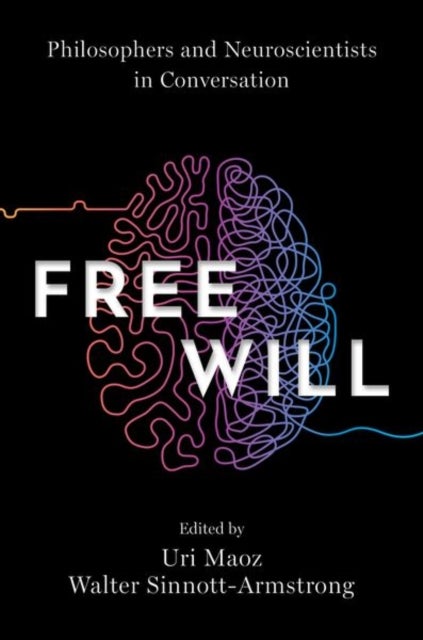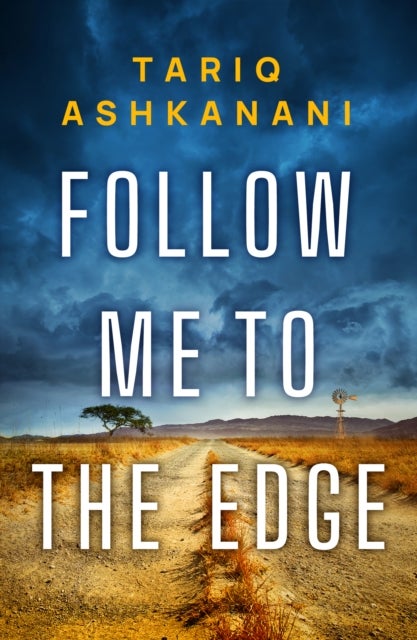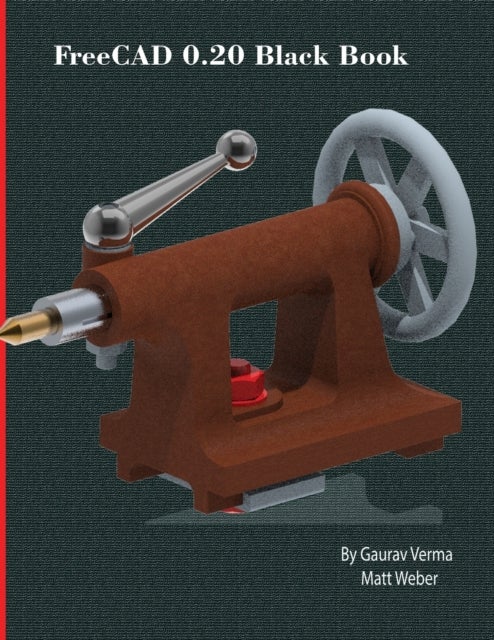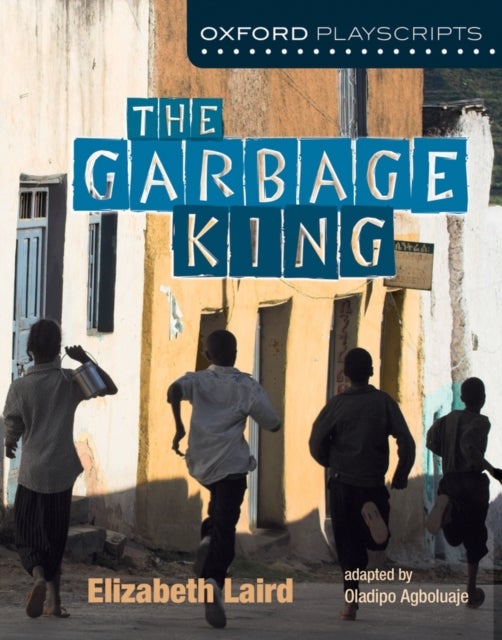
Free Will
299,-
What is free will? Can it exist in a determined universe? How can we determine who, if anyone, possesses it? Philosophers have debated the extent of human free will for millennia. In recent decades neuroscientists have joined the fray with questions of their own. Which neural mechanisms could enable conscious control of action? What are intentional actions? Do contemporary developments in neuroscience rule out free will or, instead, illuminate how it works? Over thepast few years, neuroscientists and philosophers have increasingly come to understand that both fields can make substantive contributions to the free-will debate, so working together is the best path forward to understanding whether, when, and how our choices might be freeThis book contains thirty bidirectional exchanges between neuroscientists and philosophers that focus on the most critical questions in the neurophilosophy of free will. It mimics a lively, interdisciplinary conference, where experts answer questions and fo








